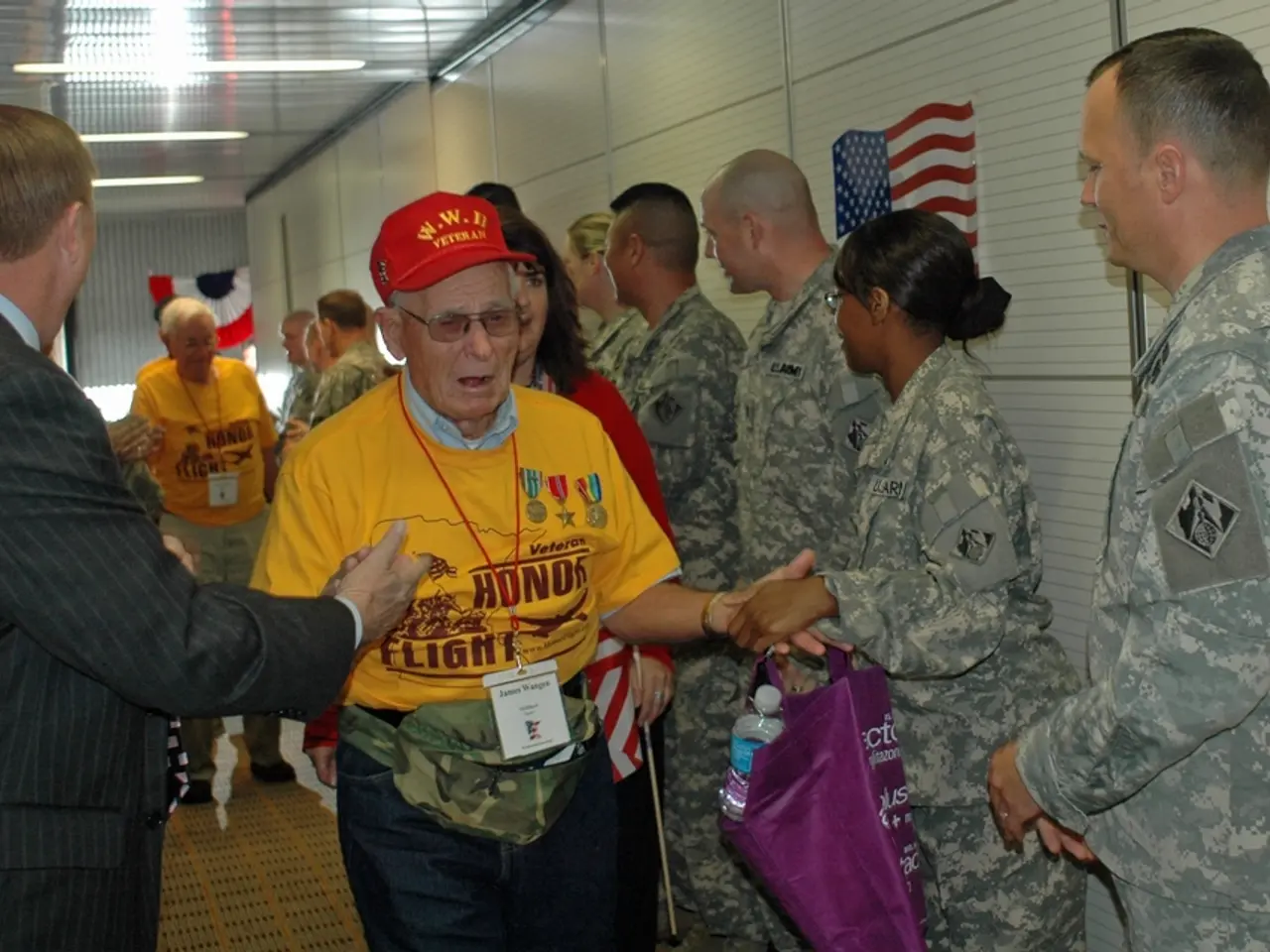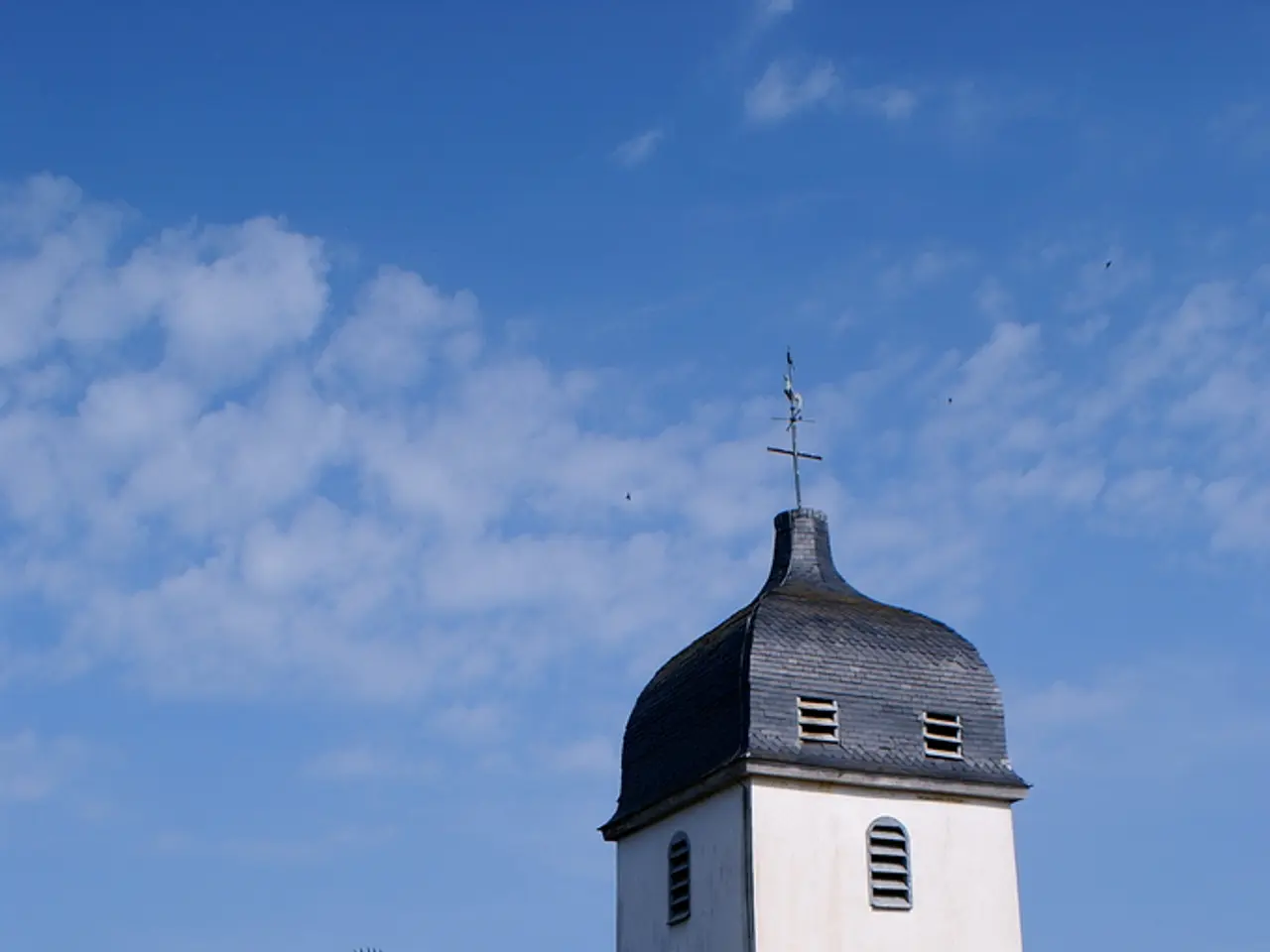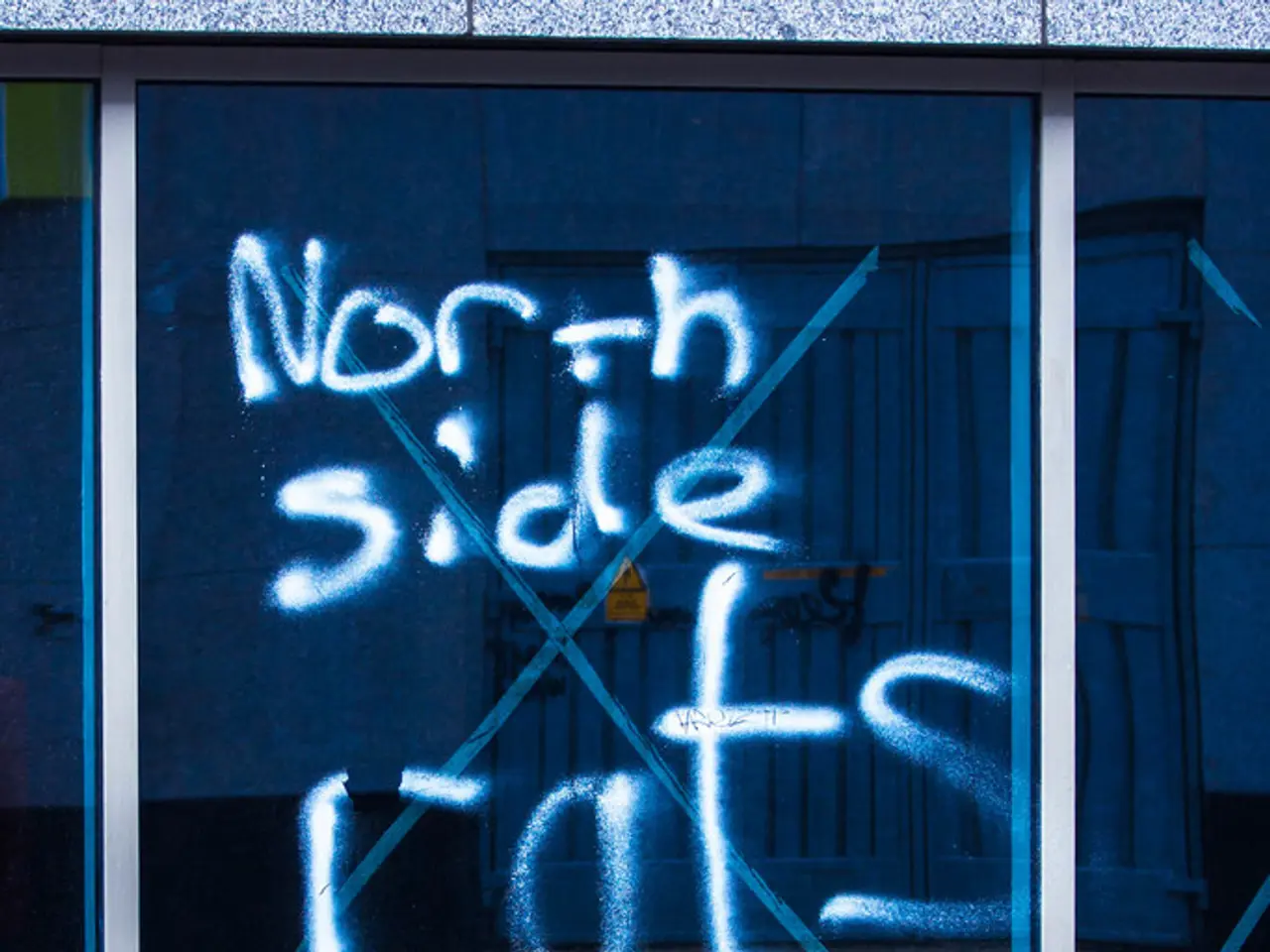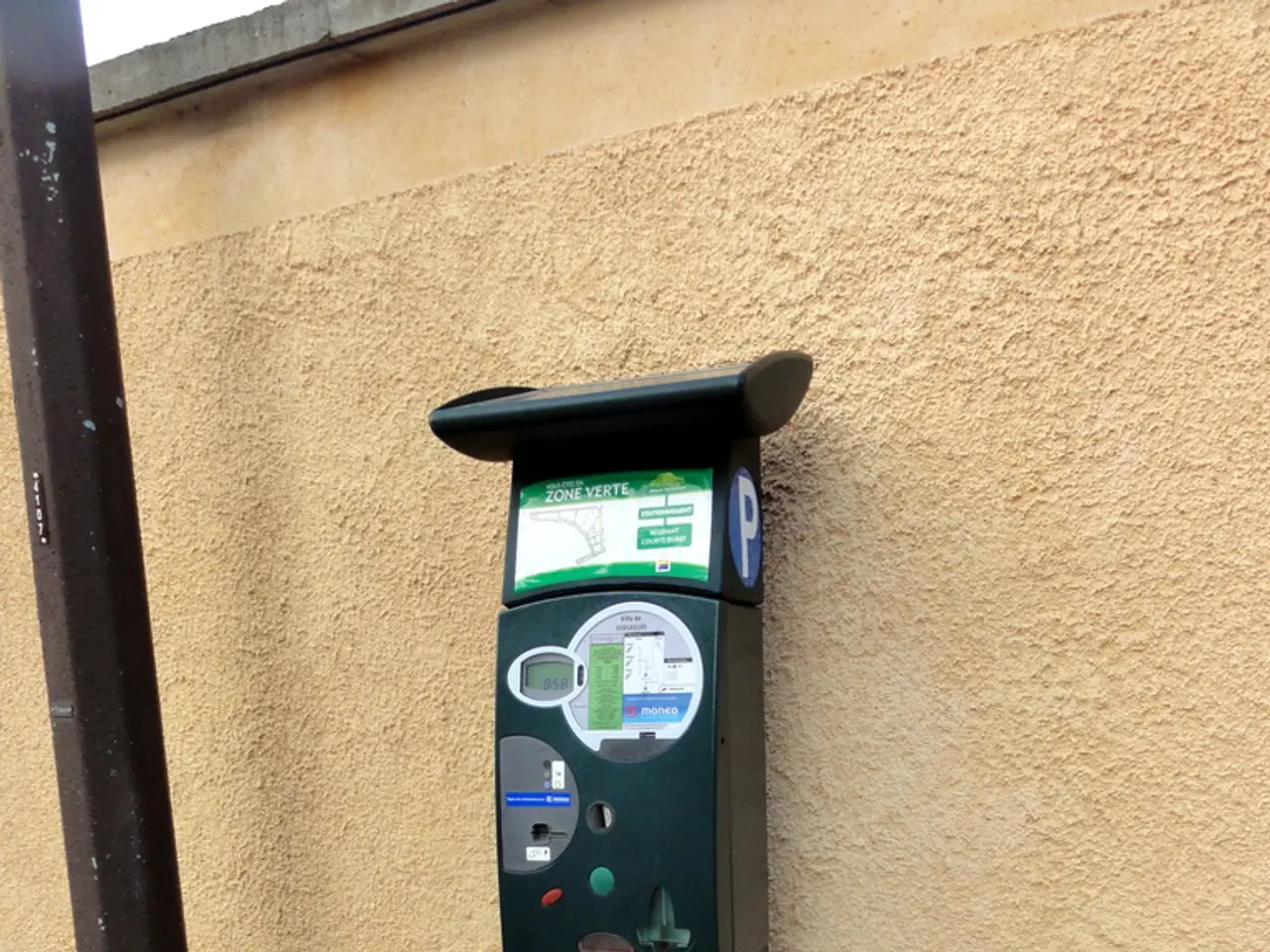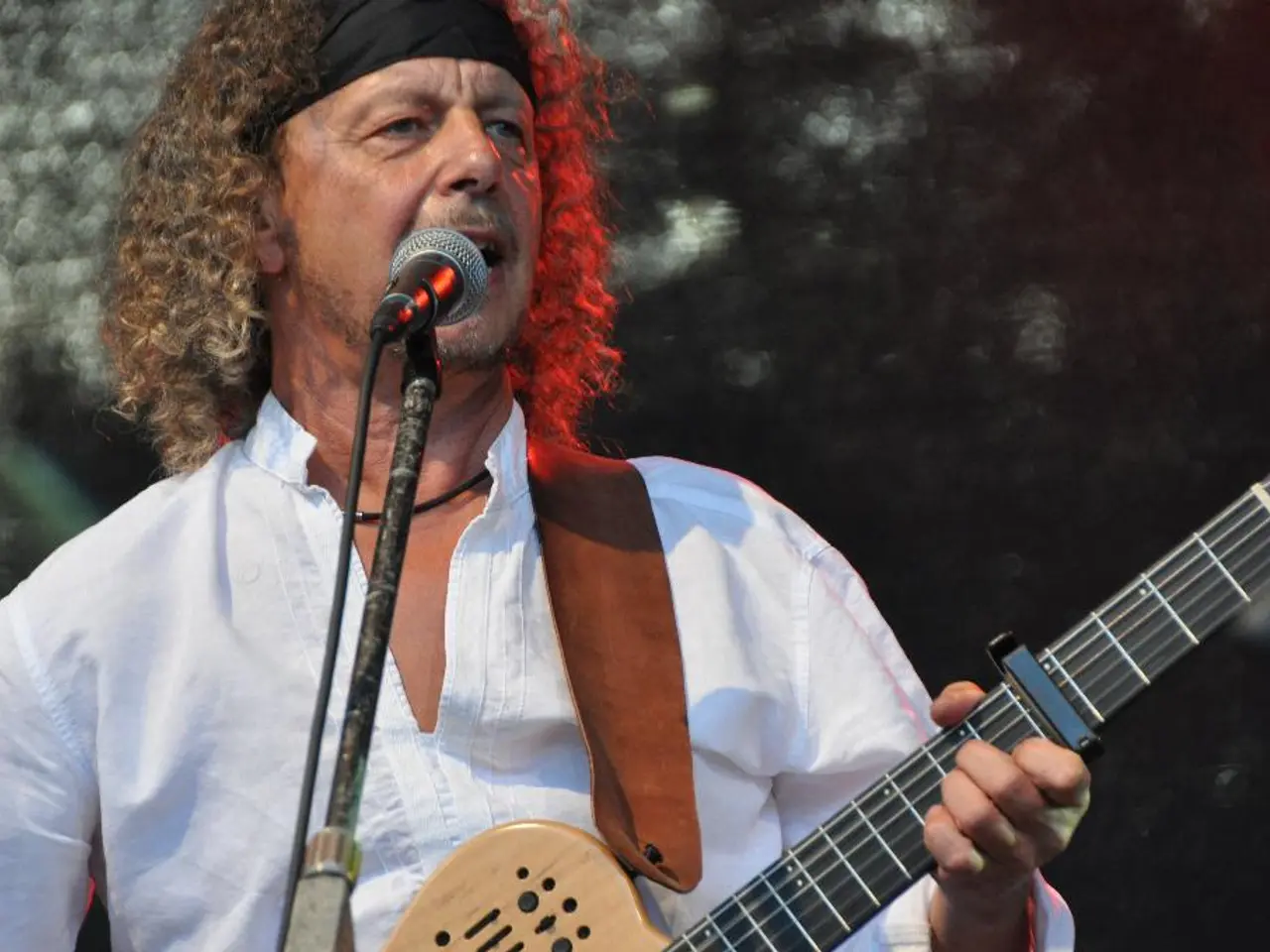Syria's military headquarters targeted by Israel, asserted by Israeli Defense Forces
The Druze community, an ethnic and religious minority primarily residing in southern Syria, are currently navigating a delicate and volatile situation in the Sweida region. This region has been the epicentre of a violent conflict between the Druze population and local Sunni Bedouin tribes, with the newly installed Syrian government also playing a role.
The crisis began in July 2025, when deadly clashes erupted between Druze militias and Sunni Bedouin tribes, resulting in over 250 deaths according to the Syrian Observatory for Human Rights. The Syrian government has responded by deploying troops to the city, though the Druze community’s relationship with Damascus remains tense, with some factions expressing skepticism about state intervention.
Israel's involvement in the conflict is significant due to the close familial ties between Israel's Druze citizens and their Syrian counterparts. Israel has conducted airstrikes in southern Syria, claiming to defend the Druze community and maintain the area’s demilitarization. This has led to a de facto alliance between parts of the Syrian Druze community and Israel, though not all Druze leaders support this alignment.
The Druze community is not monolithic. Some spiritual leaders have called for international protection, while others caution against seeking outside support, especially from Israel, fearing it could undermine future national reconciliation. The community also maintains its own security forces and has resisted efforts by the new Syrian government to fully centralize control over the south.
The Israeli Defence Forces (IDF) have stated that their two main goals are to prevent a buildup of a threat on the border in southern Syria and to prevent the massacre of the Druze in Syria. The IDF has reinforced its forces in the area, striking targets and remaining prepared for various scenarios. This has resulted in Israeli airstrikes on Syria's Ministry of Defense and the presidential palace, causing casualties and damage.
The Druze leader, Sheikh Hikmat al-Hijri, announced a ceasefire agreement with the Syrian government, but its holding is uncertain. Another Druze leader has reportedly rejected the agreement. Hundreds of Druze from Israeli-held territory have moved into Syria to join protests there, adding another layer of complexity to the conflict.
The situation in Sweida remains uncertain, with ongoing clashes, internal divisions within the Druze community, and the involvement of regional powers such as Israel. The international community is closely monitoring the developments and actions against Druze civilians in southern Syria, hoping for a peaceful resolution to the crisis.
- The international community is closely monitoring the developments and actions against Druze civilians in southern Syria, hoping for a peaceful resolution to the crisis, given the sensitivity of human rights issues in war-and-conflicts, especially in regions like Sweida where general-news reports indicate ongoing violence.
- The Druze community's relationship with Damascus remains tense, with some factions expressing skepticism about state intervention, while simultaneously seeking international protection, potentially creating a dilemma in balancing domestic politics and international human rights obligations.
- The Israeli Defence Forces (IDF) have stated that their two main goals are to prevent a buildup of a threat on the border in southern Syria and to prevent the massacre of the Druze in Syria, emphasizing the importance of maintaining international peace and stability, despite the political implications and potential international backlash associated with such actions.
